National Assembly Deputy Nguyen Tao (Lam Dong) questioned the Prime Minister about policies for health workers . The Deputy said that in reality, policies for health workers have not met their living needs so that they can work with peace of mind and contribute.
In the public sector, most health workers are receiving salaries according to Decree 204/2004/ND-CP and salary allowances, which are very low and do not guarantee a living.
The delegate stated that for doctors, because the training time is longer than other professions (6 years), after graduation, they must practice for 18 months to be qualified to practice, and when practicing, they must regularly update short-term and long-term knowledge with quite high costs...
Meanwhile, the starting salary of professional positions requiring university degrees are all equated to level 1, the coefficient of 2.34 x base salary is not really appropriate.
The National Assembly deputies proposed that the Prime Minister direct specialized agencies to study and amend Decree 204 on salary regime for cadres, civil servants, public employees and armed forces.
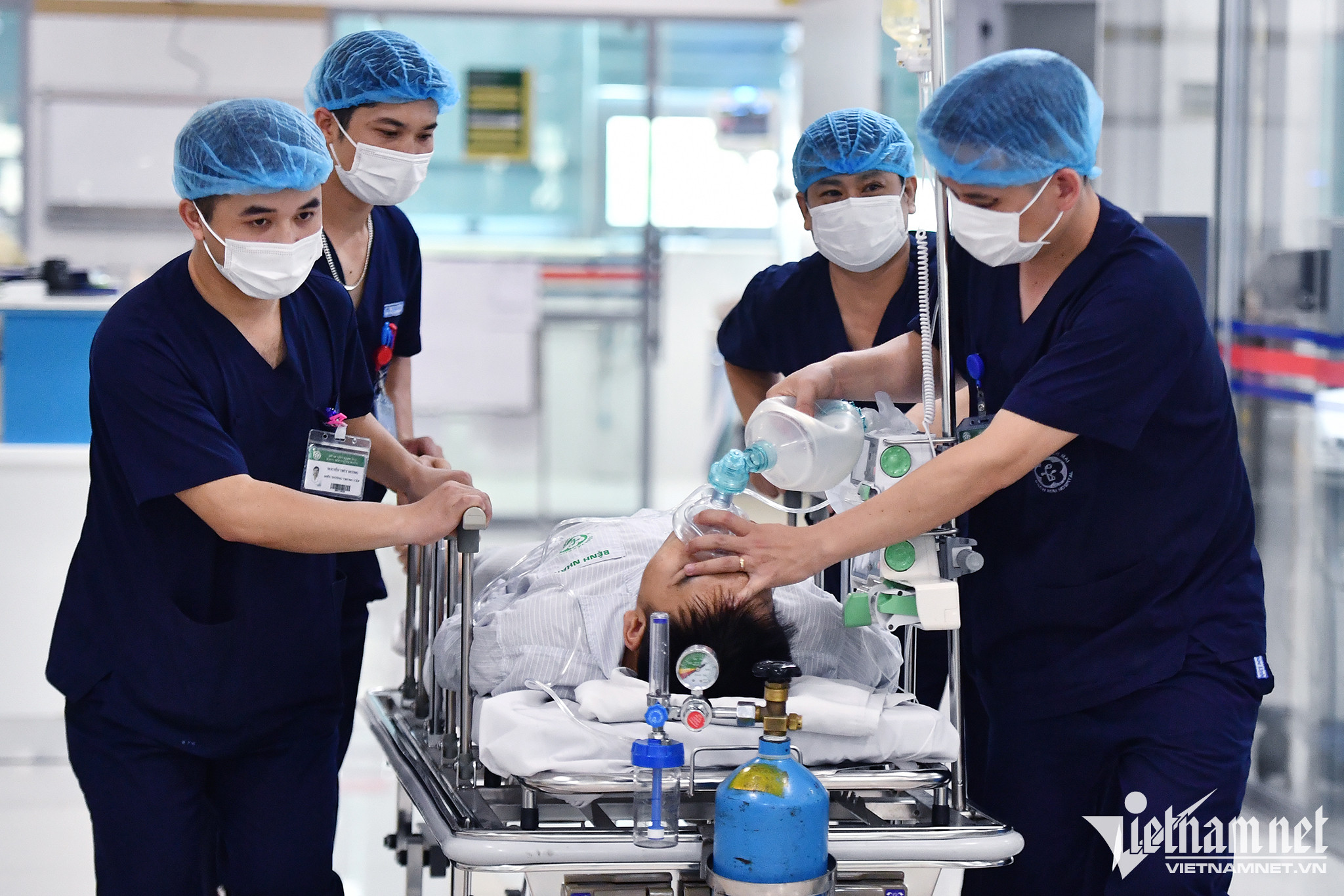
Responding to questions from Deputy Nguyen Tao, the Prime Minister has just issued a document stating that the general regimes applied to civil servants in public service units include: salary arrangement according to professional and technical salary scales; regular salary increase and early salary increase; and allowances according to job position and work location.
Officials also enjoy policies when working in areas with especially difficult socio-economic conditions; are financially autonomous and receive additional salary according to the Government's Decree regulating the financial autonomy mechanism of public service units.
In addition, health sector officials are also subject to special regimes such as: shortening the internship period to 9 months (general regulation is 12 months) due to the long training period (6 years for doctors).
Medical staff are also ranked higher in salary when first recruited than resident doctors (ranked at level 2 with salary coefficient 2.67 of the doctor title).
Enjoy preferential allowances according to the medical profession; regular allowances, anti-epidemic allowances, surgery and procedure allowances; regimes for doctors during rotation; allowances for village health workers.
The Prime Minister said that the total income of health sector officials (including the general regimes applied to officials and the special regimes mentioned above) has improved compared to other sectors and professions, demonstrating the Party and State's attention to the health sector.
Continue to improve the salary regime
Regarding the amendment of Decree No. 204/2004/ND-CP, the Prime Minister acknowledged that this Decree, implemented since 2004, has given rise to many limitations and shortcomings, and is still low compared to the income level in the labor market and the living requirements of wage earners.
To overcome this shortcoming, the 7th Central Conference of the 12th Party Congress issued Resolution 27 on reforming salary policy for cadres, civil servants, public employees, armed forces and employees in enterprises.
Decree 27 clearly states the viewpoints, objectives, reform contents and main tasks and solutions on reforming salary policies for cadres, civil servants and public employees. At the same time, the Central Government also directs the development and promulgation of a new salary system according to job positions, positions, titles and allowance regimes, etc. for cadres, civil servants and public employees (including health sector officials) to serve as a basis for developing a Government Decree to replace Decree No. 204.
However, the Prime Minister said that due to the adverse impact of many domestic and international factors, especially the direct impact of the Covid-19 pandemic, there are not enough conditions to reform the wage policy.
During the period of not implementing salary reform, the Ministry of Home Affairs will coordinate with the Ministry of Finance and other agencies to submit to the Government a Decree adjusting the basic salary from VND 1.49 million/month to VND 1.8 million/month (an increase of 20.8%) from July 1, 2023.
The Government assigned the Ministry of Home Affairs to continue to coordinate with relevant ministries and agencies to urgently study the opinions of National Assembly deputies and voters to complete the specific contents of the new salary regime according to Resolution 27, and submit it to competent authorities for consideration and decision.
Source








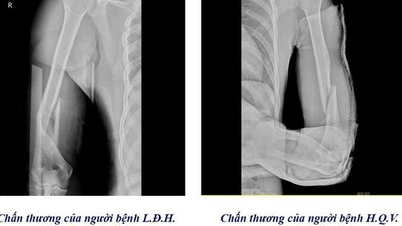



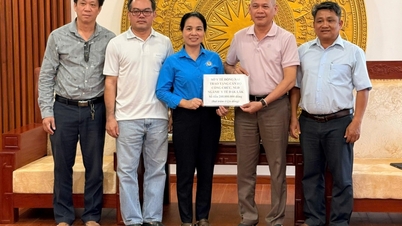

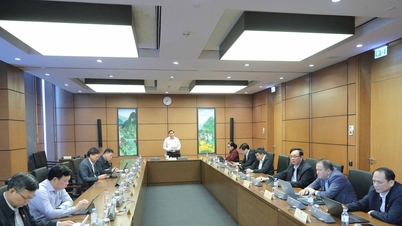

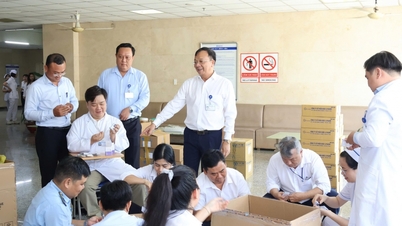
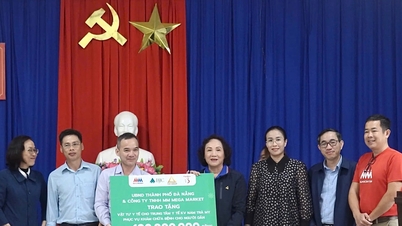









































































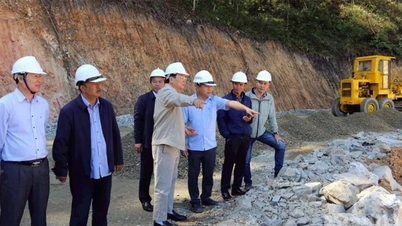

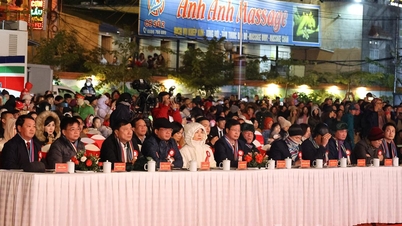

















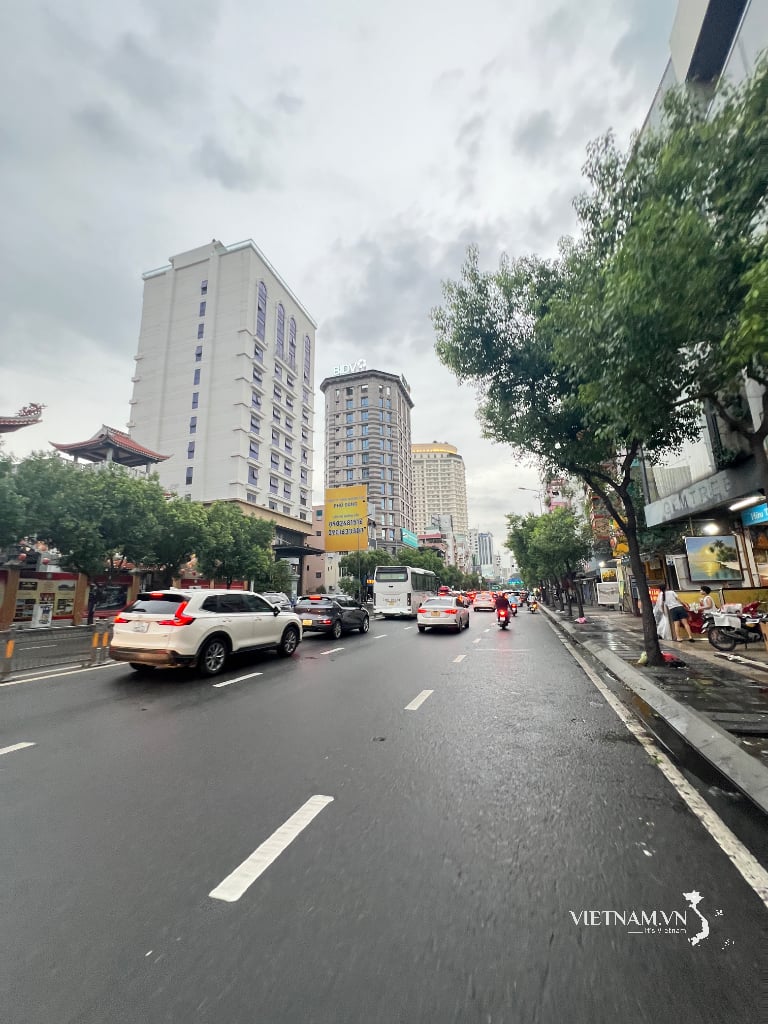
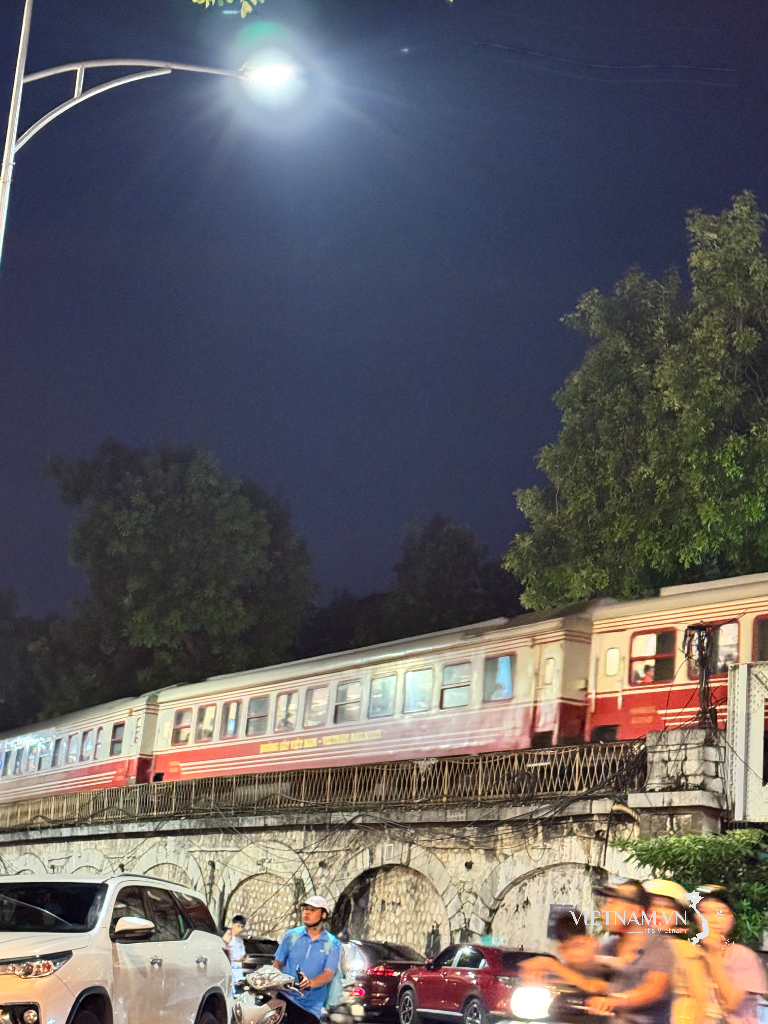
Comment (0)